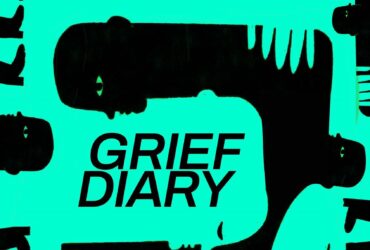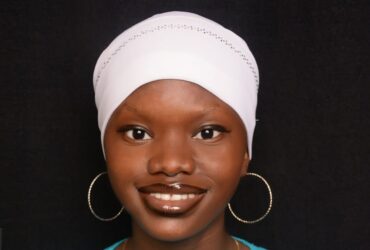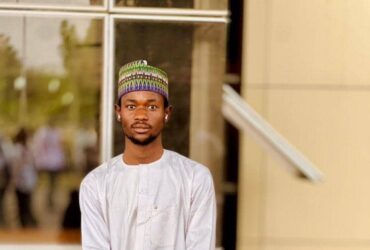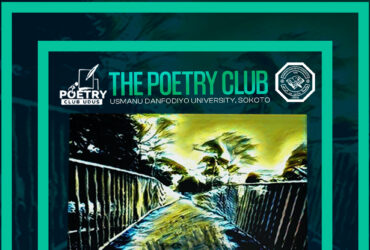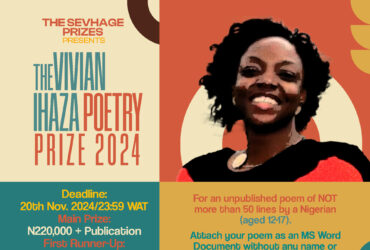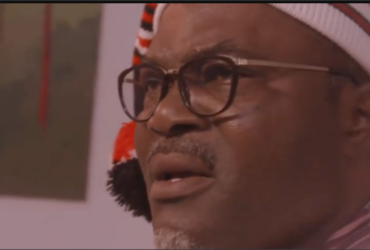Honestly, this first question got me thinking because during my childhood, I disliked poetry a lot. For me, it felt really boring and unrelatable. And then one day at school, we were asked to write a poem on theme of "The Sun". I was in Primary six as at that time and fortunately for me, I was perceived as a "serious" student. My only intention behind writing that poem that day was to obtain my full marks for my assessment.
Ever since I was in Nursery school, I fell in love with those nursery rhymes and songs that even at home, I was always with my book simply because I wanted to recite it.
Bash Amuneni, renowned Nigerian spoken words poet has been appointed as the new poet in residence (Poet Laureate) for the Portsmouth Football Club, an England club with 126 years of history.
However as I grew older shyness overcame the confidence that I initially had and I did not get to interact with poetry again up until I got to university.
Initially, poetry was just another subject in school, words strung together, one after the other. As a child, my mind was more focused on the empty cans waiting to be filled with sand or crushing biscuits into paste to bake into cake. I don’t know where the concept of time immemorial fits into the corners of my memory, but words have always lived somewhere in my heart. I just didn’t know exactly where, so I never bothered to visit.
Ikeogu Oke was a Nigerian poet and journalist who died in Abuja on November 27th, 2018, at 51. He hailed from Ohafia in south-eastern Nigeria and was considered a deeply spiritual person. He sought to embody traditional African beliefs, notably wearing the Ohafia war dress to high-profile events to highlight his Igbo heritage.







